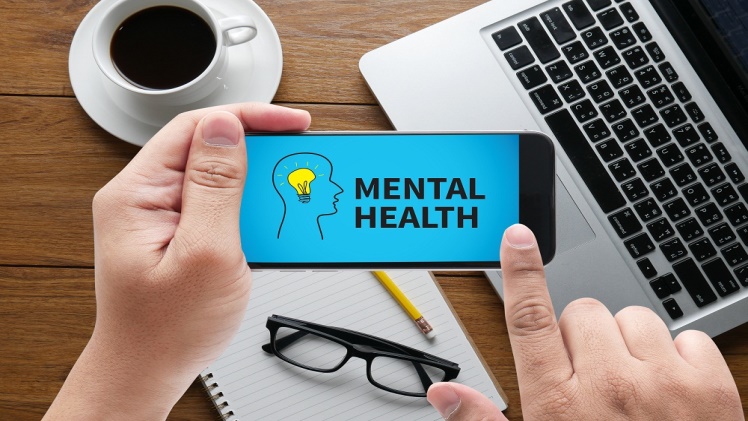A mental health coach helps patients to learn effective ways to deal with the challenges in their lives while developing great awareness about themselves. They also work with clients to challenge self-limiting beliefs and teach the importance of acceptance and self-love. A mental health coach does not diagnose mental illness but works with a client to understand their mental issues.
As people become aware of their many mental challenges, the need for mental health coaches keeps rising. Therefore, if you are keen on becoming a mental health coach and want to pursue mental health coaching, below are the steps you need to take to become certified.
1. Research on Mental Health Courses
Many schools are offering mental health courses, whether online or by attending physical classes. An excellent, reliable mental health coaching school gives you a strong foundation as you train to be a coach.
Most schools are online, making them flexible, easily accessible, cheaper, and relatively affordable. The school you choose should be recognized by bodies like the International Coaching Federation (ICF), the American Association of Drugless Practitioners, or the Health Coach Alliance.
2. Obtain Certification
While certification is not necessary to practice, it is vital because, as a certified coach, you have an added advantage over non certified coaches. Certification plays a significant role when advertising and putting yourself on the market because clients always look for certified coaches. To showcase your experience and skills, a body like ICF has three levels of accreditation, namely:
- Associate Certified Coach (ACC)- To get this, you must have 60 hours of training and 100 hours of practical experience.
- Professional Certified Coach (PCC)- You must have completed 125 hours of training and 500 hours of experience.
- Master Certified Coach (MCC)- You must have 200 training hours and 2500 hours of practice.
For each of the above credentials, you will need 10 hours of mentor coaching for a minimum of 3 months. Certification proves that a coach can handle and help a client with mental issues and demonstrates a proper understanding of the code of ethics, coaching definition, and core competencies. Often, the certificates are given after completing the coach certification track, and ICF credentials are applied through their website.
3. Gain Experience
After certification, begin finding clients; you don’t have to wait to perfect your packages. You can start by holding live sessions on social media, advertising, or even building your website, making it easy for possible clients to find you. Doing so will help put your name out there and gain clients and referrals; the coaching experience also enables you to get into several certification programs.
Conclusion
If you are passionate about mental health coaching, joining a reputable coaching school is the first step to getting certified. In the coaching school, you will learn how to understand a client’s needs and, together with the client, come up with either short or long-term goals. As a certified coach, you will be well-placed to help clients deal with negative thoughts, emotions, and stress and improve relationship skills.

